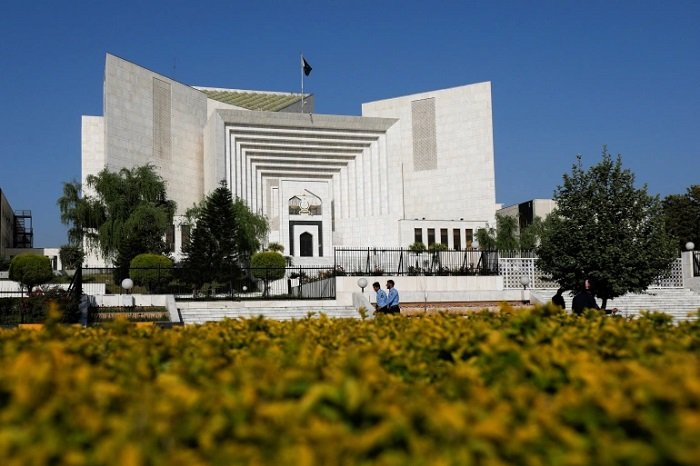The Supreme Court’s Justice Ijaz ul Ahsan, while listening to PTI chief Imran Khan’s petition against the accountability law amendments on Friday, remarked that the government was trying to get its sins forgiven through the tweaks to the legislation.
When the National Accountability Ordinance of 1999 was amended in 1999, then-prime minister Imran Khan sued in the Supreme Court, claiming the changes would allow public officials to get away with white-collar crimes.
By Article 184 (3) of the Constitution, the PTI chief has filed a constitutional petition through Khawaja Haris. Apex court asked for written responses from NAB regarding amendments made during the hearing.
“Violation” of the constitutional mandate is what Khawaja Haris stated before the court, saying that a court could annul an amendment if it conflicted with fundamental constitutional structure.
While Justice Mansoor Ali Shah was debating whether or not an independent judiciary was a part of the constitution’s basic structure, he also inquired about the extent to which NAB amendments had weakened the judiciary’s authority.
In a statement, Justice Ijaz ul Ahsan stated that the NAB amendments have reduced the accountability powers. He questioned whether or not parliamentary democracy included the concept of accountability.
When asked about accountability, a PTI lawyer replied that “good governance could not be imagined without accountability”. As a result of the NAB amendments, pending cases have become ineffective.
As Justice Mansoor Ali Shah put it, the petitioner was asking to bring the amendments up to a certain level and if they would return to form NAB if the government decided to abolish it in the future. Justice Mansoor Ali Shah
Khawaja Haris said that the NAB amendments had brought an end to cases involving the illegal use of power and assets over income. People in small housing societies with only one or two plots were arrested despite Chief Justice Bandial’s statement that accountability was required when assets exceeded income.
According to Justice Mansoor Ali Shah, government officials were arrested when a project failed. “Which officer will make any decisions for the country if the arrests continue?” the NAB amendments had not eliminated any crime and arrests could not be made based on decision-making, he asked.
All accountability court cases will be wiped out after the amendments, Khawaja Haris said.
Mahnur is MS(development Studies)Student at NUST University, completed BS Hons in Eng Literature. Content Writer, Policy analyst, Climate Change specialist, Teacher, HR Recruiter.










